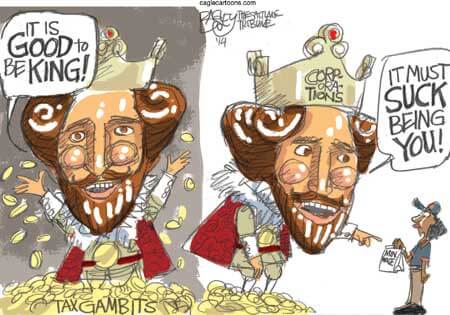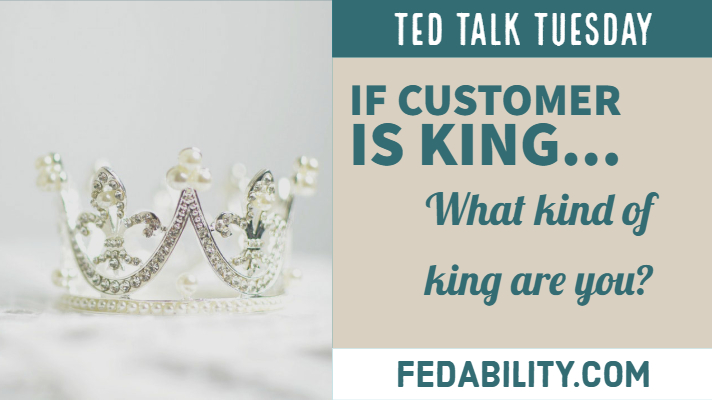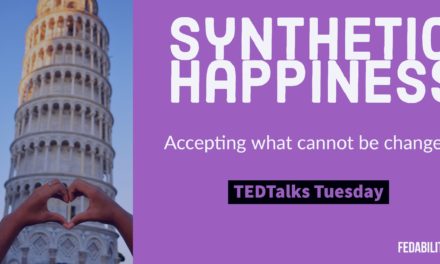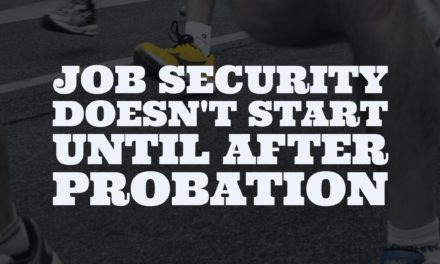I have a love hate relationship with customer service. I love to receive good customer service. Conversely, I hate that customer service seems to be synonymous with doing whatever the customer wants. In short, that the customer is king.
In this Ted Talk, David Bequette tells the story of a period of a month in which he (as the customer) built a relationship with a gruff service agent in an Armenian metro station. He describes how his first time interacting with the agent left him with the feeling she hated him, hated her job, and perhaps hated her life.
He did not complain about his treatment despite being a daily customer of the metro. Instead, he saw this disgruntled customer service agent as a challenge. Each day, he greeted her warmly despite her cold exterior. And, by the 30th day he says he was greeted with a small smile.
In a prior post, I wrote about how offering good customer service doesn’t mean you have to be a doormat. But, this Ted Talk got me to thinking about the role the customer plays in the customer experience.
As David describes in his Ted Talk, customer service people have a reputation for being in a lower class. For not being worthy. That their job is do what the customer wants…with a smile. And, I think that sets a mindset for those of us on the other side of the ‘counter’ that as the customer – we are king.
Now, I don’t necessarily agree that customer is king, but if we go with that for a moment, I want you to think about what kind of king (or queen) are you?
The king of plebes
I’d like you to reflect on the last time you interacted with someone that is of ‘lower status’ than you are. Did you feel sorry for their unfortunate position? Did you think that they owed you better treatment or deference because of where you ‘sit in the organization’?
It might sound something like, “Doesn’t he know I’m a GS14? He has no business questioning my decision as a GS9!” Or, it might be, “We don’t ask our SES to do that kind of administrative paperwork. You just take care of it for them.”
I see this attitude the most in how many federal employees treat their contract staff. It’s a ‘joke’ about how contract staff are treated as 2nd class citizens.

The unfortunate truth is that it isn’t a joke. For one, it’s largely true so it isn’t actually a ‘joke’. For two, making it a ‘joke’ normalizes it and makes it seem ok.
In fact, I once interviewed for a position as a contractor (I was a federal employee at the time). During the interview, I was asked if I understood and would be ok with being treated as a 2nd class citizen after having been a federal employee for many years.
So here is the thing. When you treat people this way, it works. They will do as you ask. They may smile to your face. But they will go no further. The customer is king…but they may do the literal or proverbial act of: spitting in your food.
King of experts
Another type of king might be one who sees their people as experts. That is, I have a problem. You are the only person who can solve it. You are, in fact, the most expert person I know that can help me with this task.
For example, I know that my team holds a level of expertise about our work that I don’t have. As a result, I often ask them for their advice on how to solve the problem we are facing. Additionally, I will often bounce ideas with them to get their perspective on how the solution would impact our customers, how it would impact them, and a general reality check on how I’m thinking through a problem.
The result of this attitude as my team’s ‘customer’ is that they feel empowered to make decisions and offer suggestions. While they still think customer is king – they see this king as a benevolent king. A king that sees their value. One that depends on them to make the right decisions.
Customer is king but…are you someone people want to help?
In a time where the focus seems increasingly on customer service, I want you to consider the other side of this coin.
Right now, I’m being asked more and more for customer service training for employees. Further, I’m being asked to help create customer service goals focused on ‘how to make our customers smile’. But I challenge you to think about whether you as a customer – is behaving in a way someone wants to help. Because you can still be the king, and not be a jerk. Because in my experience, you will not just get service with a smile…you will get service that goes the extra mile.





